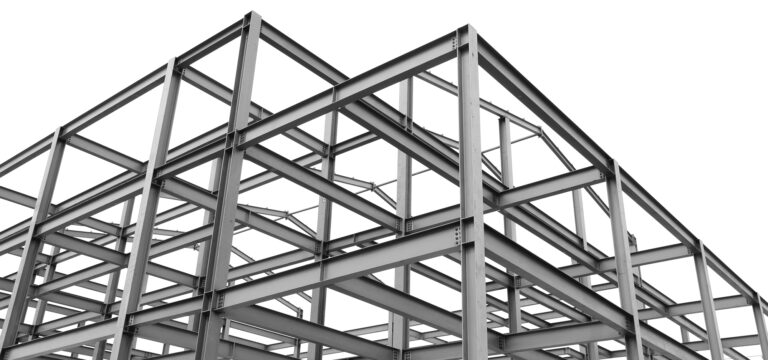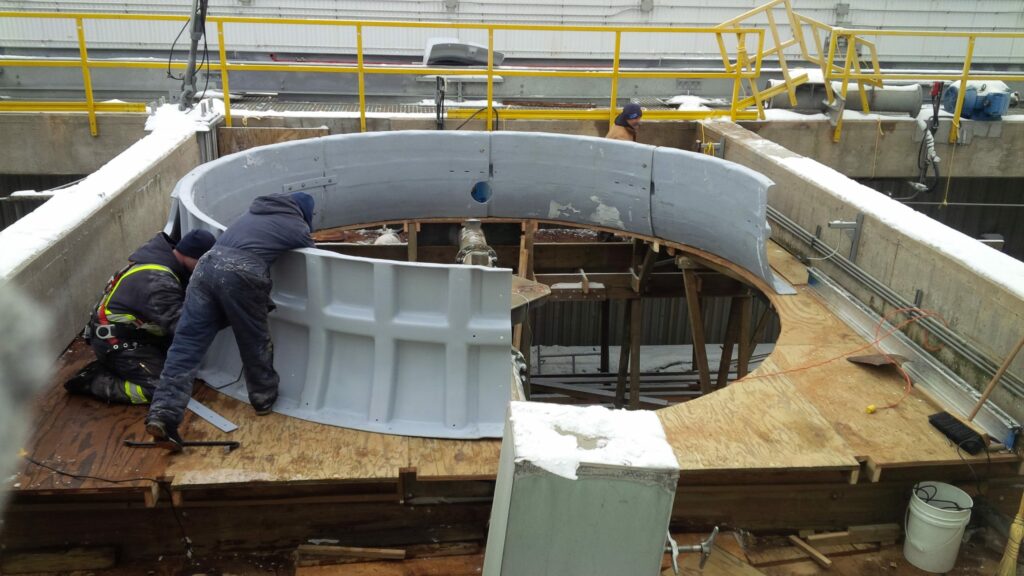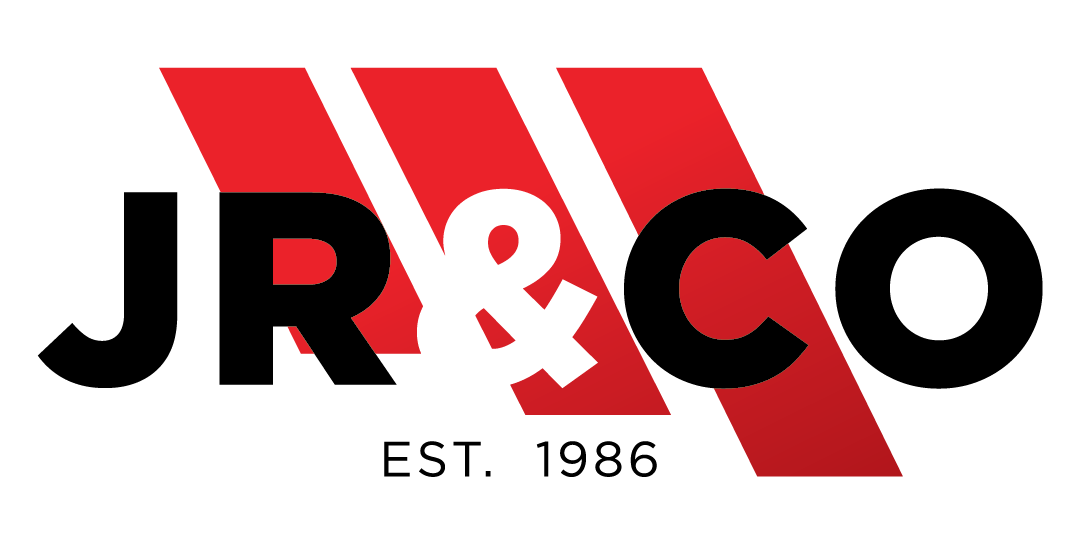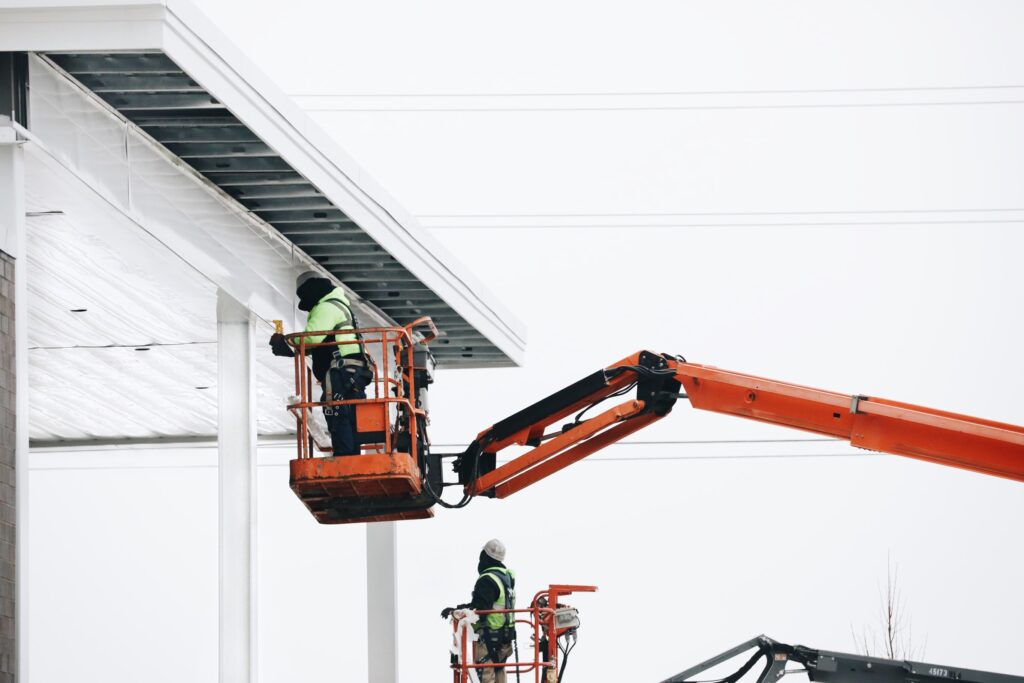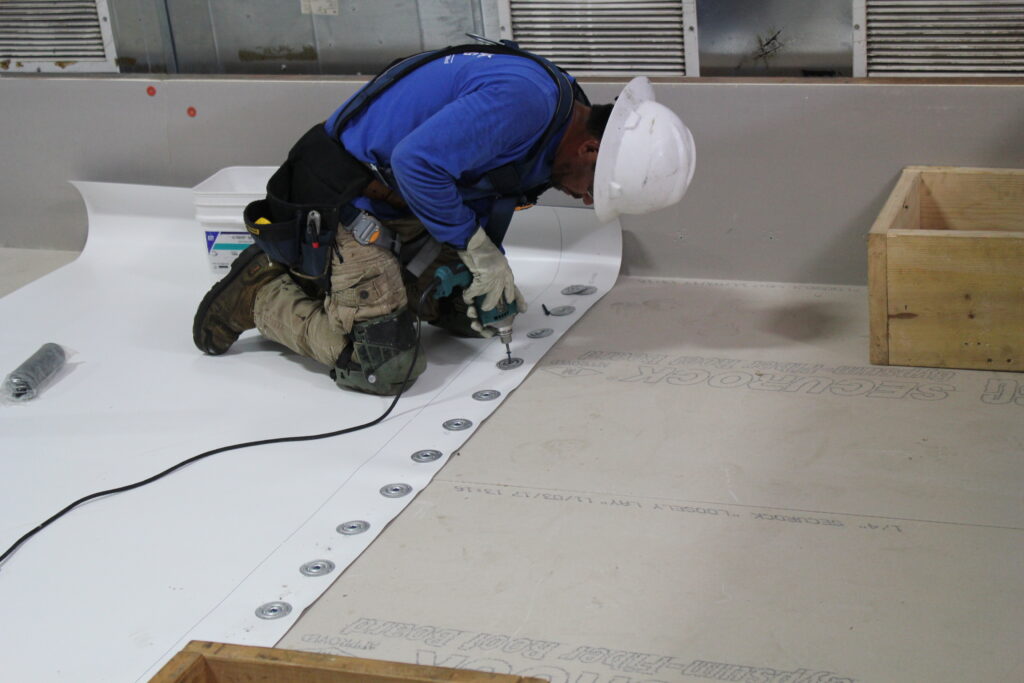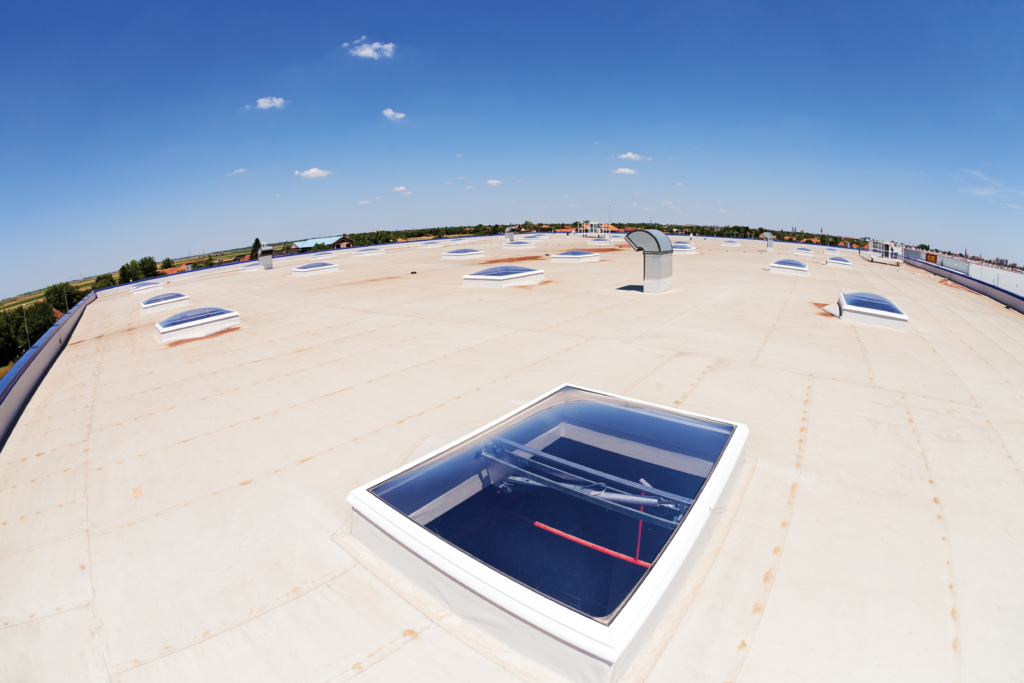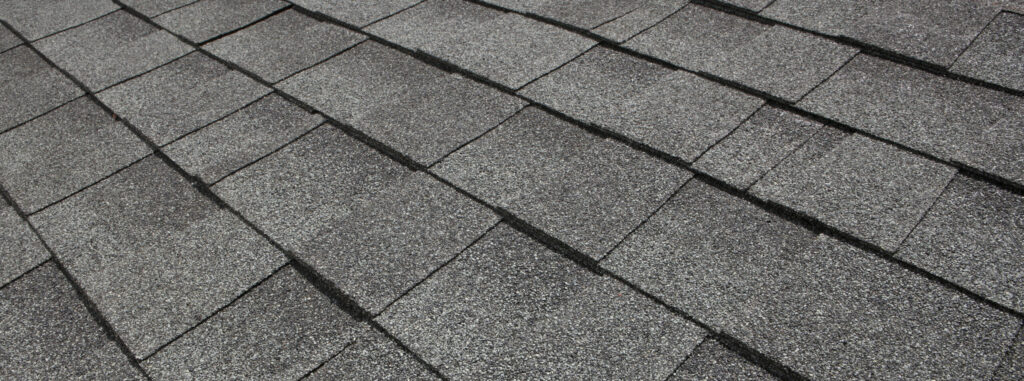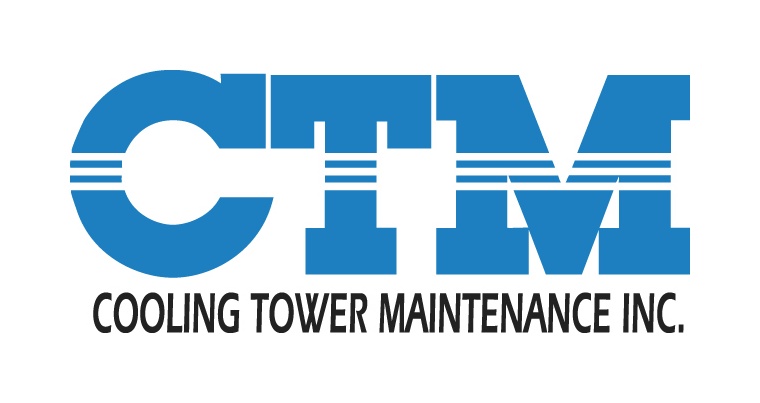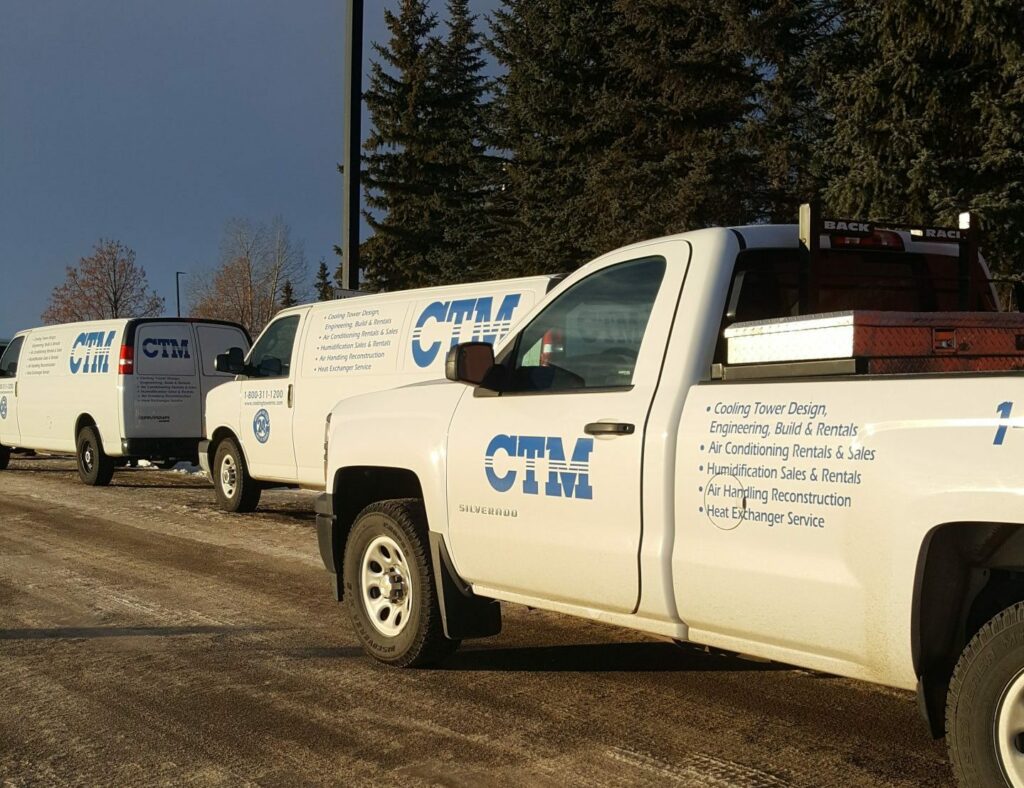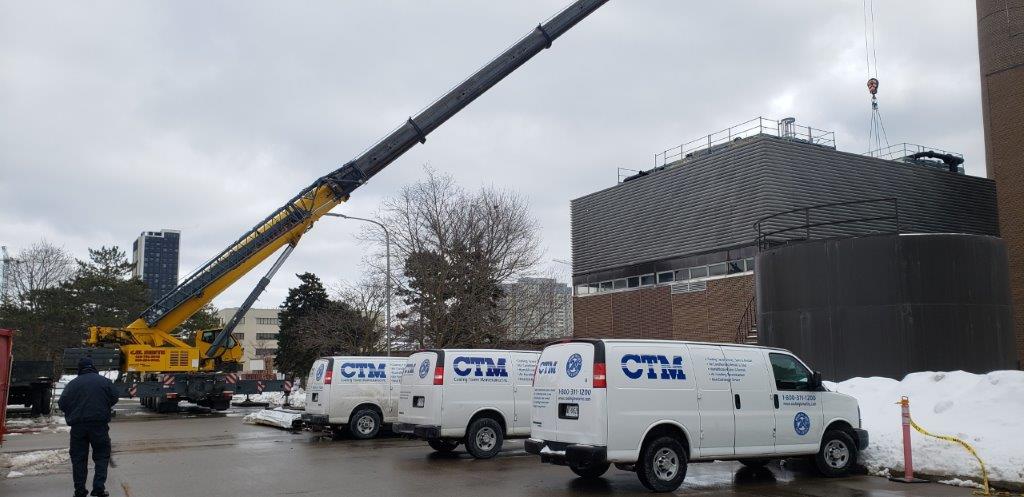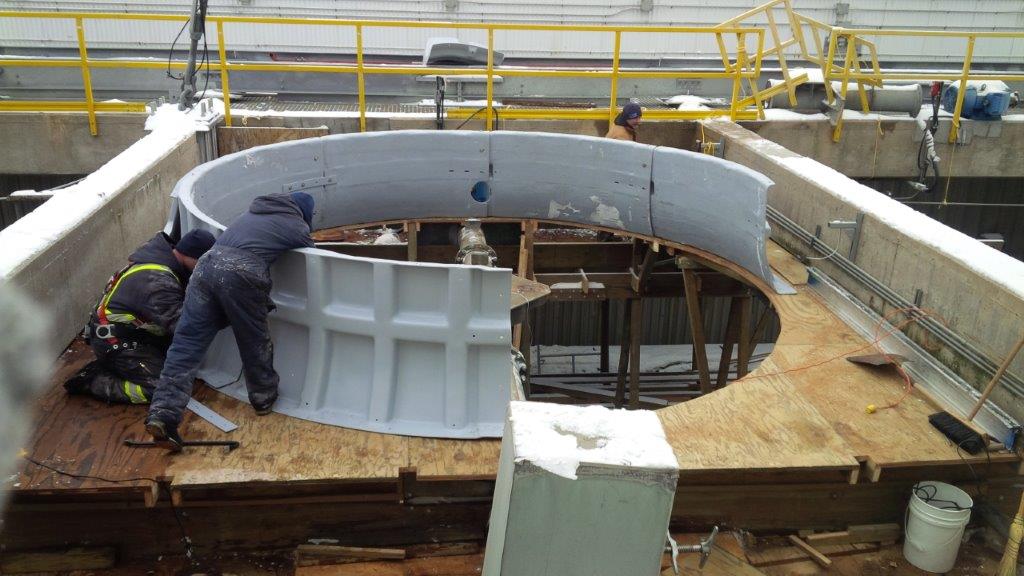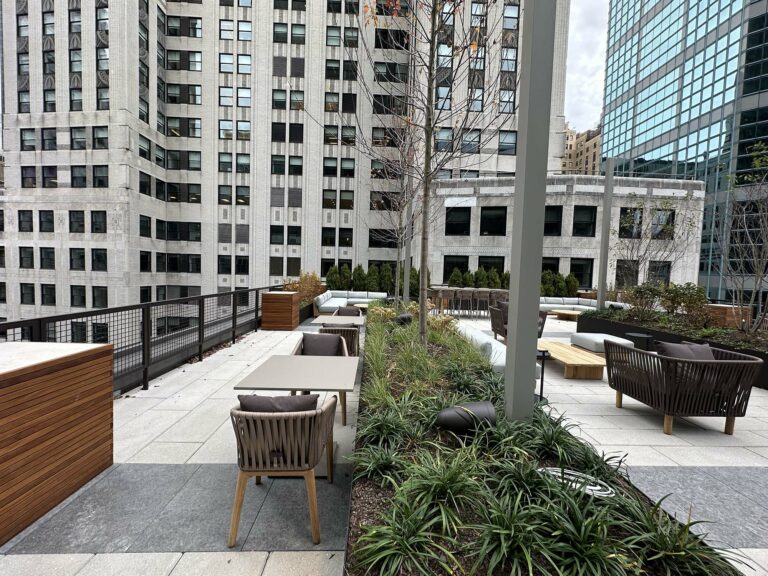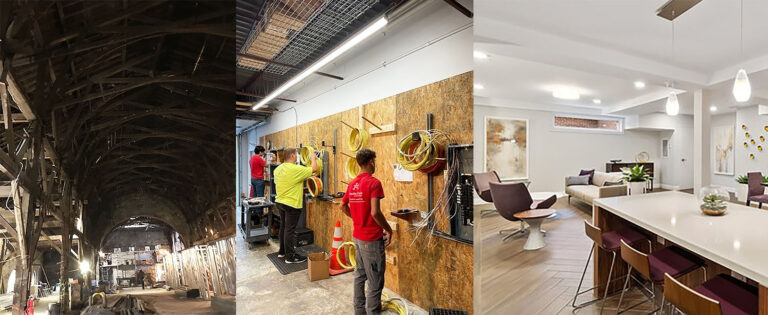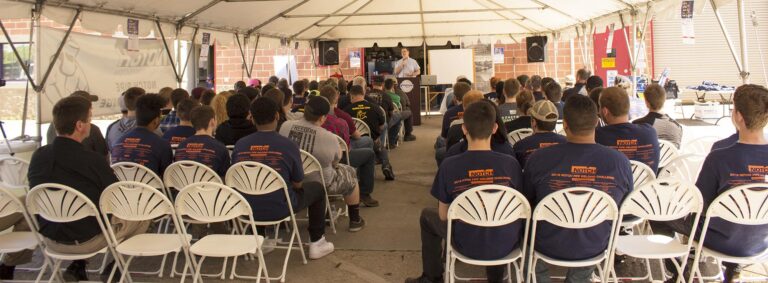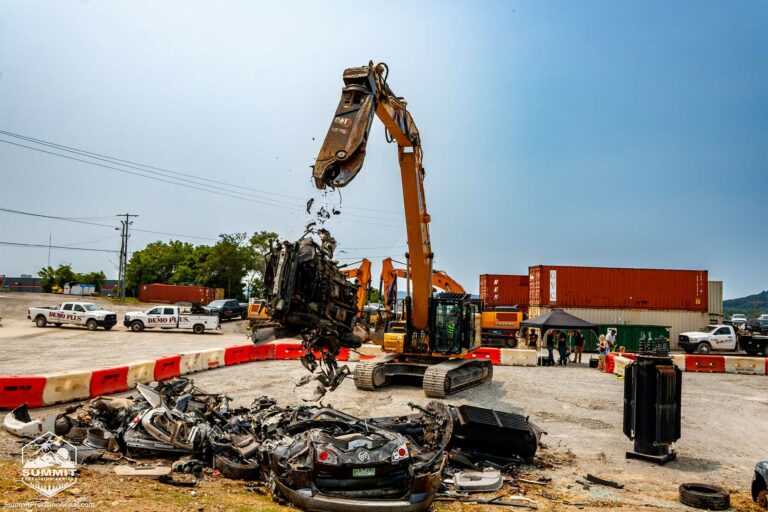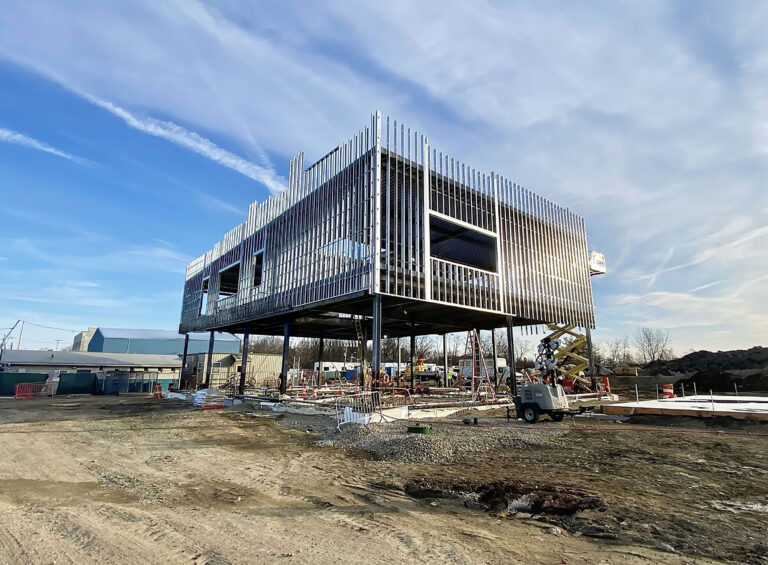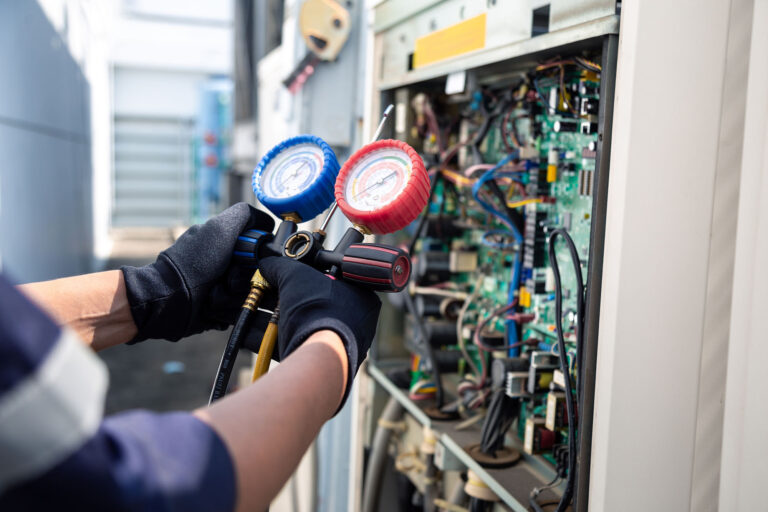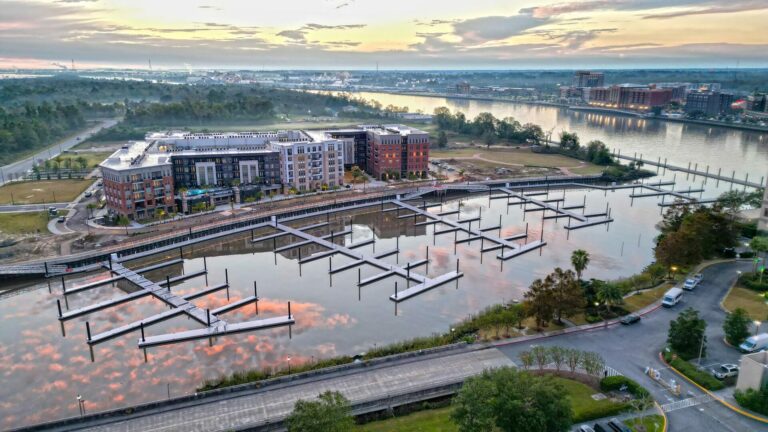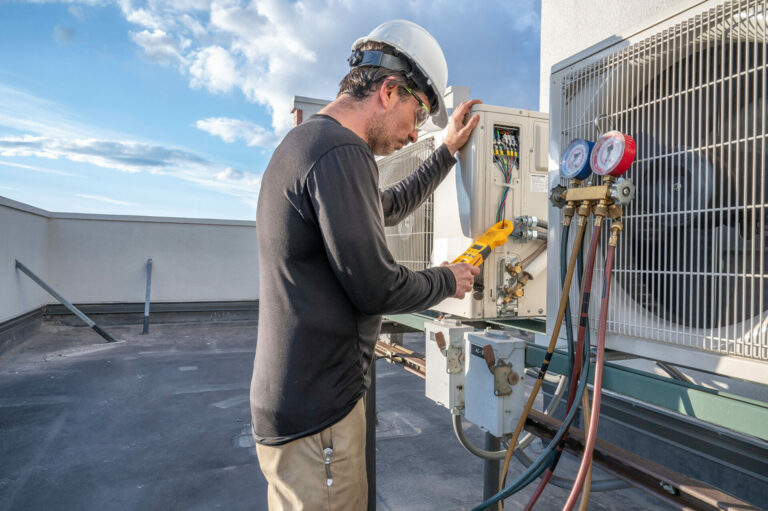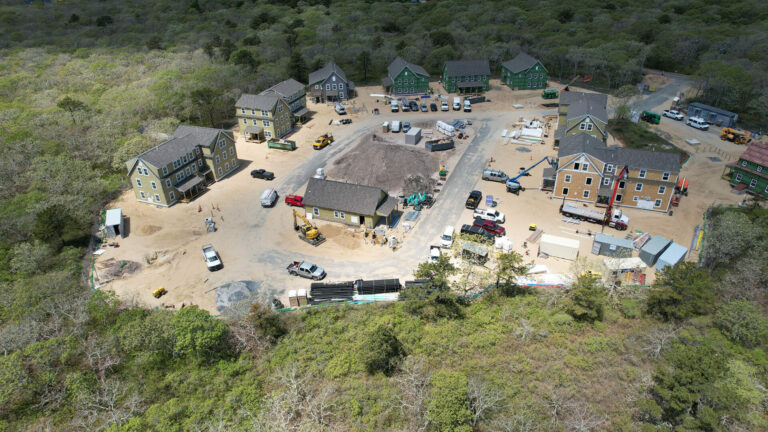JR & Co. install, service, and maintain the exterior envelope of commercial buildings including roofing, roofing metal, wall panels, solar arrays, and more. In 2021 the company celebrated their 35th anniversary – the key to longevity, according to CMO Dave Layman has been a “strong foundation and a willingness to focus on growth, regardless of the challenges facing us.” This foundation has been tested during the COVID-19 pandemic when businesses across the country faced adversity on an unprecedented scale. Throughout this time, JR & Co. has expanded the types of clients they are pursuing and strengthened financially to minimize expenses while maintaining double-digit growth. The company have been keeping their “wits” about them as they work through material shortages, an issue posing great stress to JR & Co., along with many other companies throughout the country. Despite these challenges, the company has not had to lay off labor throughout the pandemic to any great extent.
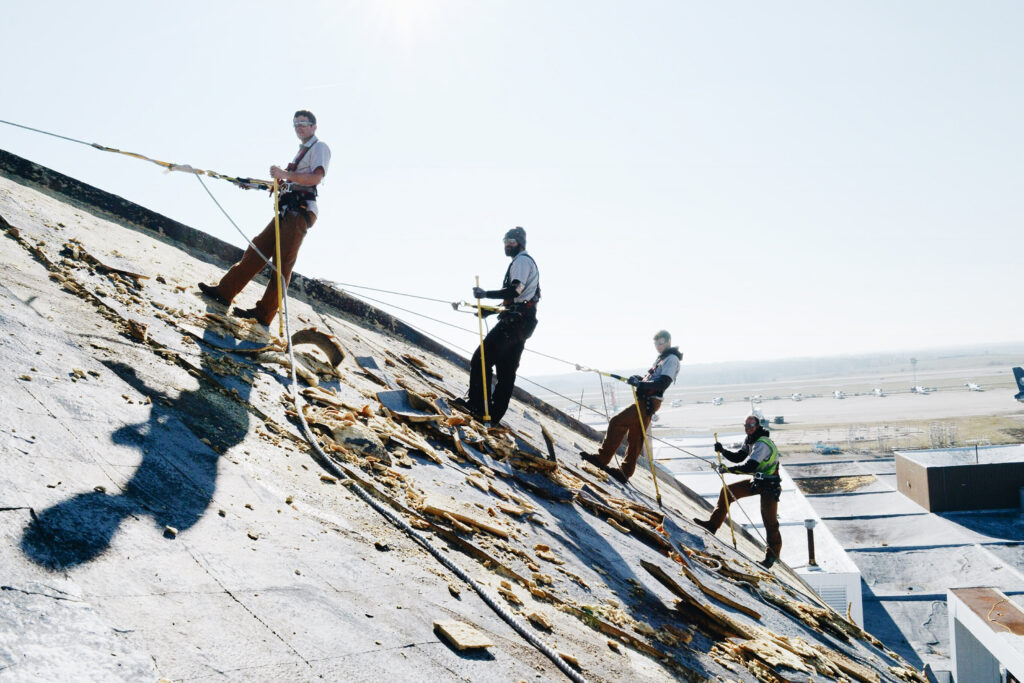
Caused in some extent by the ongoing pandemic, the main issue facing JR & Co. is material shortages. Dave explained that there is demand – people need roofs, and while the company are positioned to acquire the business, “performing it is going to be over a much longer period of time than it would normally take” as a result. JR & Co. has worked to stockpile materials that they could find early but the reality is that is of little benefit if clients are not somewhat flexible. “If you want a system that we don’t have the materials for now, it might be next fall before we can get them.” Coupled with this is the invariable knock-on effect these delays can have to pricing. It is an issue which the company sees as being “volatile” and is one of many ways the industry has been negatively impacted by the pandemic. “There will be inflationary factors that play into the cost of that material during that wait time.” The situation is a dire one, with prices rising for clients, companies unable to attain materials and both the client and company facing longer wait times, with Dave stating, “there’s no silver bullet to this situation – strong companies are going to survive, and weak ones will not – that’s what it amounts to.”
Dave spoke highly about how the companies’ sales team and accountants have persevered through the pandemic, explaining how they have been “really creative in the last year in the way they have solved the problem.” Ultimately, clients tend to need a new roof for a reason, and they can’t wait a year for a new one to be installed. The company provide a variety of services, including sustainable and cost-effective options. JR & Co. are not afraid to make a bid that will save the client money, even if it differs from the original spec sheet. This was the case with the Kansas City Convention Center – Bartle Hall – who had a $5 million budget, with JR & Co. bidding and winning the job at $2.3 Million, saving them over half of their allotted budget. They were additionally awarded a 5-year service contract on all city-owned buildings in Kansas City to the amount of $2.7 million (the amount they had saved on the project) as the city had been impressed with the company’s ingenuity and the system they had proposed. Dave explained that securing these projects takes a team of people that can “build trust and provide expertise to meet the clients’ needs”, along with a client “willing to listen to options that are better value.” Dave went on to state that “the recognition is great, but more importantly we have two more happy customers.”
“They were additionally awarded a 5-year service contract on all city-owned buildings in Kansas City to the amount of $2.7 million.”
Sustainability to JR & Co. essentially means providing options that require on the necessary replacement of fully expired roofing materials. The company has been successful for over 35 years providing options to include Wind Ballasted Roofing systems that bring many positives to the client and the environment. Wind ballasted, or vented, roof systems do not require the removal of most existing insulation and coverboard which create tremendous haul off costs and fill up local landfills. In addition, anything that is removed must be replaced so the project costs of materials and labor are substantially less. Wind vented systems employ a science where the membrane is secured by using the power of the wind. While most systems are mechanically fastened down to the deck by plates and screws or held together with adhesives, wind vented systems are only mechanically attached at the perimeter, again using less materials and labor. Instead of securing the field of the roof with the same attachment system as the perimeter, an air seal is created around the perimeter and strategically placed vents create negative pressure as the wind travels up the side of the building and hits crosswinds. This pressure causes the membrane of the roof to draw down while mitigating moisture in the process. The more the wind blows the more secure the roof system is to the building.
In addition, JR & Co. has an in-house Solay System Installation division which complements their roofing program by including some of the tax benefits of solar system installation to the roof installation. Solar is becoming more and more popular, especially with companies that have a high commitment to sustainability.
JR & Co. have an extremely safety-driven and family-oriented culture. The owner is committed to “people first” and the company has more in-house crews than most companies. Their mod rate (the rate that OSHA uses for ranking safety) of .69, means their jobsites are 31% safer than the average company. Dave explained, “what we provide for you is an opportunity to make a living and have a nice standard of living but it’s about a lot more than that – it’s about doing it safely. An added benefit is that an emphasis on safety not only protects our employees but helps us compete for business that requires a strong safety focus. For many companies safety is just a buzz word, but when it’s authentic it manifests itself in better teamwork, better results and better growth.”








